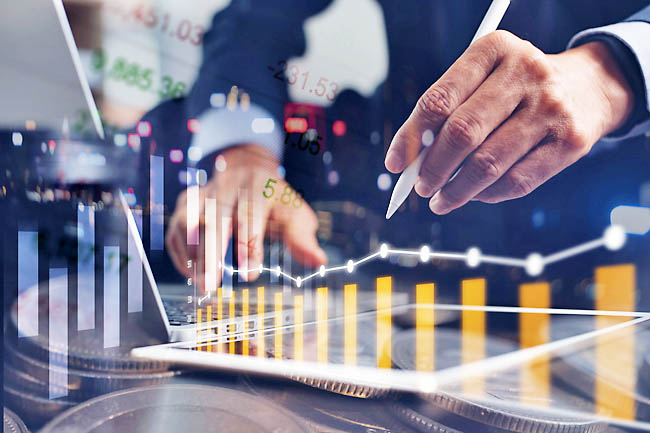Brunei’s economic recovery expected to continue
The Brunei economy recovered in 2019 and the recovery is expected to continue this year amid a sharp slowdown in the global economy, according to the 2019 Annual Consultation Report on Brunei Darussalam published yesterday by the ASEAN+3 Macroeconomic Research Office (AMRO).
The agency said, “The gross domestic product (GDP) grew by 3.9 per cent in 2019, and is expected to continue to expand by 2.2 per cent in 2020, supported by the full operation of Hengyi’s refinery production, amid a sharp slowdown in the global economy as a result of the COVID-19 pandemic.
“Inflation rate returned to the negative territory at 0.4 per cent in 2019 and is projected to turn at 1.3 per cent in 2020, partly because of the weakening of the exchange rate amid the coronavirus pandemic.”
AMRO sees a strong external sector despite the decline in the current account surplus in recent years.
“Although construction and foreign direct investment (FDI) related imports have been falling with the near completion of some FDI projects, the commencement of Hengyi’s refinery operation had led to a sharp increase in crude oil and chemical imports in 2019,” it said.
“Along with a larger service definite since 2018, the current account surplus is estimated to have narrowed further in 2019.”
It projected the reduction of current account surplus to continue in 2020, in light of a sharp decline in oil and gas prices. However, due to the ample official reserves and foreign assets of the sovereign wealth fund, “the external position should remain strong”.
AMRO continued, “The fiscal balance is expected to return to deficit in the fiscal year of 2019/2020. The fiscal situation improved considerably from a deficit of 12.9 per cent of GDP in the fiscal year of 2017/2018 to a surplus at 0.2 per cent of GDP in the following fiscal year, reflecting higher oil and gas prices and continued restraint in fiscal spending.
“However, oil and gas prices declined in 2019 and fell sharply in early 2020, and are expected to remain low for the rest of 2020. As a result, the fiscal balance is estimated to return to deficit of 7.2 per cent of GDP in the fiscal year of 2019/2020 and 11.1 per cent of GDP in the fiscal year of 2020/2021.”
When it comes to the financial sector, the agency sees a recovery in credit growth.
“Banks continue to be well capitalised as reflected in the high capital adequacy ratio of 20.1 per cent in 2019. They continue to be profitable and have increased their returns, amid a relatively low loan-to-deposit ratio, which has been improving in recent quarters as credit growth increased.
“Credit growth has recovered since 2018 and is expected to remain positive in 2020, supported by household credit. Regarding asset quality, the non-performing loans ratio has been contained in 2019,” it said.
AMRO sees major risks facing the Brunei economy in the near- to medium-term relating to the high dependence on the oil and gas sector.
“Risks to the sector can arise from unexpected disruptions in oil and gas production, geopolitical situations and a slowdown in major global economies, possibly amplified by ongoing trade tensions and the coronavirus pandemic,” it said.
The agency cautioned, “If the oil price war were to happen again, it will lower oil and gas prices further, which will adversely affect the economy.”
Source: https://borneobulletin.com.bn/2020/09/bruneis-economic-recovery-expected-to-continue/


 English
English




